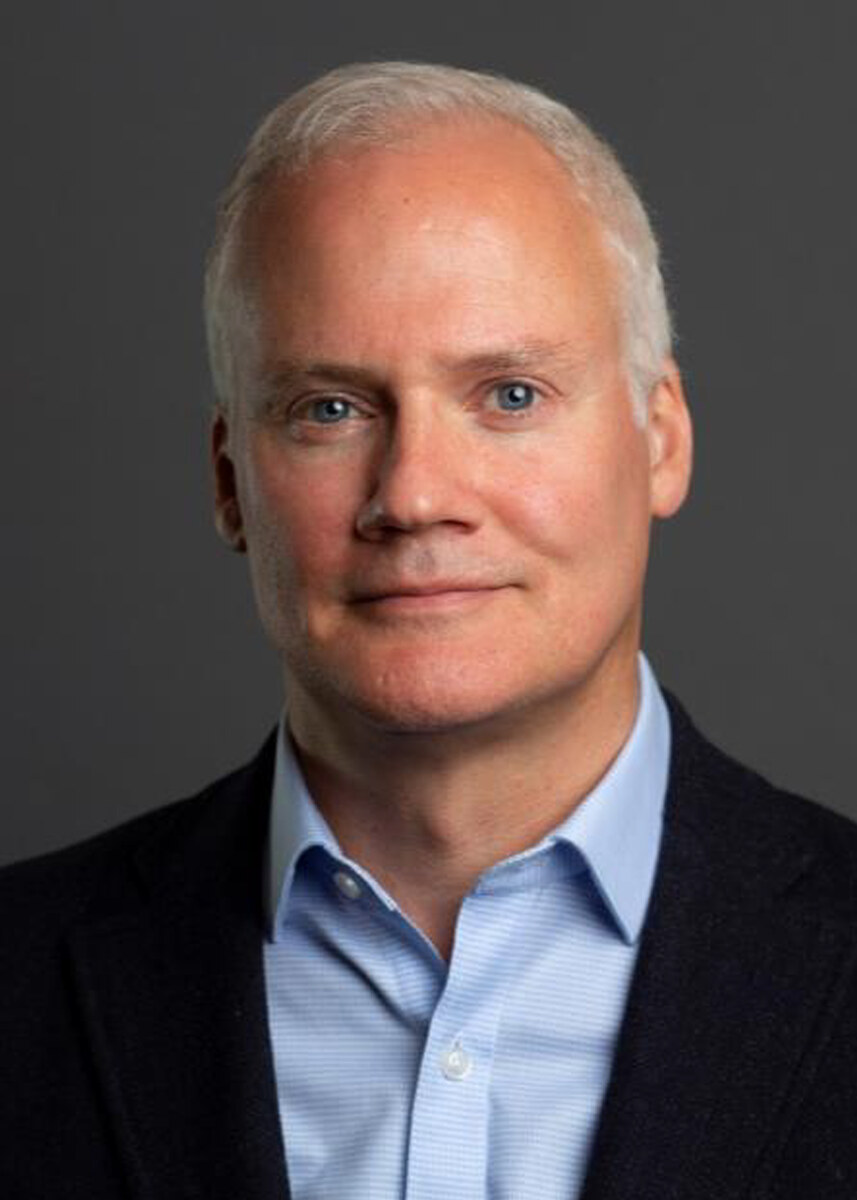DUBAI: The Israel Defense Forces are investigating stories published by The Jewish Chronicle, amid claims that they were not true.
The London-based newspaper published an exclusive story on Sept. 5 that said Hamas leader Yahya Sinwar was planning to flee to Iran through the Philadelphi Corridor, a narrow strip of land along the border between the Gaza Strip and Egypt, along with other leaders of his organization and Israeli hostages.
The claim was said to be based on details provided by “intelligence sources,” and information obtained “during the interrogation of a captured, senior Hamas official” and “documents seized” on Aug. 29.
The story gained traction online but was quickly debunked by several experts, media organizations and other critics.
Israeli broadcaster Channel 12 said that “all of the relevant sources in the security establishment are unaware of the supposed intelligence.”
Israeli news website Ynet published a story in which four sources from the country’s intelligence community and the army’s prisoners and missing persons division were quoted as saying that the newspaper’s claims were “100 percent lies” and a “wild fabrication”.
The story is not the only one published by The Jewish Chronicle that has been called into question. Several other reports carrying the same byline, Elon Perry, are now alleged to have been fabricated.
Perry’s biographical information on the newspaper’s website states he is “a former commando soldier of the elite Golani Brigade of the Israel Defense Forces, which he served in for 28 years” and he has been “a journalist for 25 years covering wars and terrorist attacks.”
The Guardian newspaper found no record of any significant published stories written by Perry as a reporter in English or Hebrew, other than the recent series of articles in The Jewish Chronicle.
On his personal website, Perry said that during his military service he was part of the Israeli army’s mista’arvim units, the members of which go undercover as Palestinians. He also said he participated in Operation Entebbe, the 1976 Israeli military raid in Uganda to rescue the passengers of a plane that had been hijacked by Palestinian and German militants.
Perry is also a published author. Pen and Sword Books, the publisher of his second book, “Children in War,” describes him as having been a political science and history professor at Tel Aviv University between 1998 and 2014
These claims are false, Israeli broadcaster Channel 13 reported on Sept. 9 in its program “Hazinor.” It said it could find no record of Perry working at the university or participating in Operation Entebbe.
During an interview with a Channel 13 reporter, Perry confirmed he had not been a professor at Tel Aviv University or an undercover Israeli army operative.
Other publications and journalists, including Israeli-Palestinian magazine +972 and Simi Spolter, a tech journalist with Israel business newspaper The Marker, also highlighted inconsistencies and outright falsehoods in Perry’s claims.
The Jewish Chronicle published a statement on Thursday in which it said it was “aware of allegations concerning a freelance journalist, which we take very seriously.”
It added: “The Jewish Chronicle is the oldest Jewish newspaper in the world and has always maintained the highest standards of reporting and integrity. An investigation is underway and there will be an update in due course.”








 These countries are “where the main FAST channel platforms have been building audiences,” and now “these platforms are starting to get traction in MENA (Middle East and North Africa), and the growth of FAST channels will naturally follow,” Black said.
These countries are “where the main FAST channel platforms have been building audiences,” and now “these platforms are starting to get traction in MENA (Middle East and North Africa), and the growth of FAST channels will naturally follow,” Black said.

















